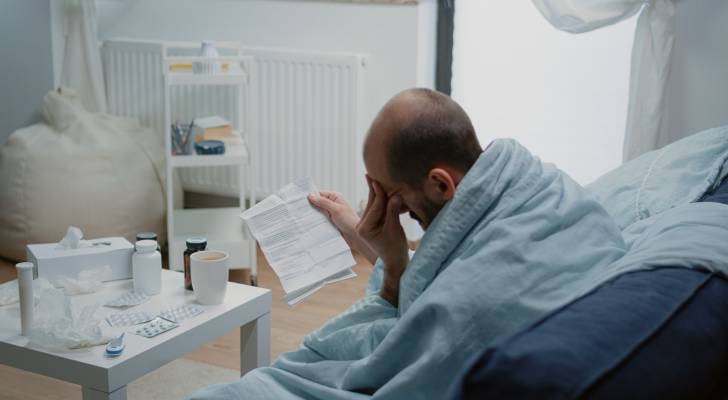The last thing you want after a health crisis is to find out that the hospital that treated you had placed a lien on your home for unpaid medical bills.
At Atrium Health, one of North Carolina’s largest hospital systems, that nightmare has become reality for thousands of patients. That was until a recent decision was made to cancel 11,500 liens that saved affected families.
The move highlights the toll of rising health care costs and the drastic steps hospitals, even nonprofits, may take to collect payments.
Atrium Health placed these liens on the homes of thousands of patients to secure unpaid medical debts. Although these liens were legal, they allowed the hospital to seek payment if the homeowner sold or refinanced the property. A patient who recently lost his wife to breast cancer and was later diagnosed with prostate cancer was pursued by Atrium in court for failing to cover his medical expenses. The organization, which signed a deed of trust with Atrium, had the right to collect the debt through a future sale of his home.
“Dealing with illness and the loss of a loved one is difficult enough,” said Rebecca Serese, a health policy advocate at the North Carolina Center for Justice. “We shouldn’t make it worse with the added stress of facing financial ruin.”
But earlier this year, Atrium reversed course and canceled the lien, citing a desire to relieve financial burden and restore community trust.
The Atrium Health case reflects a broader national problem as medical debt continues to rise.
Americans owe at least $220 billion in medical debt, according to a February 2024 analysis of government data by the Kaiser Family Foundation. Approximately 14 million people (6% of adults) in the United States have medical debt of $1,000 or more, and approximately 3 million people (1% of adults) have medical debt of $10,000 or more. This debt often forces people to make difficult choices between paying medical bills and making ends meet. Expenses.
For hospitals, liens are often a last resort to collect on unpaid bills. Most U.S. states allow hospital liens, but critics say they are ethically questionable, especially when applied to patients in financial hardship. A study by the Urban Institute found that nearly two-thirds of adults with delinquent medical debts have incomes well below their area’s median income.


